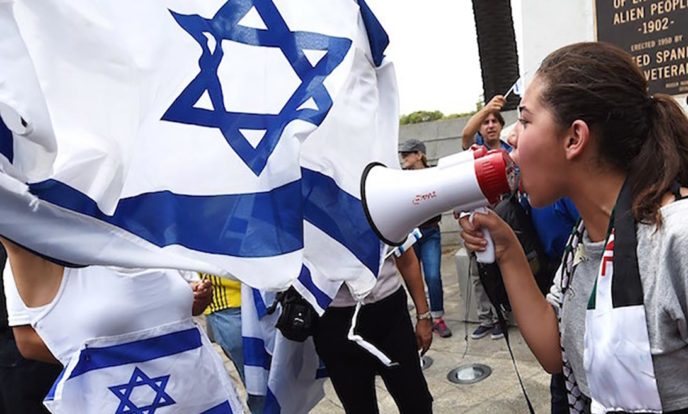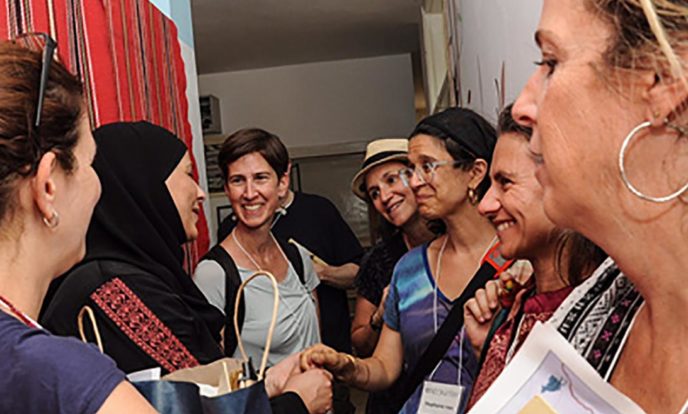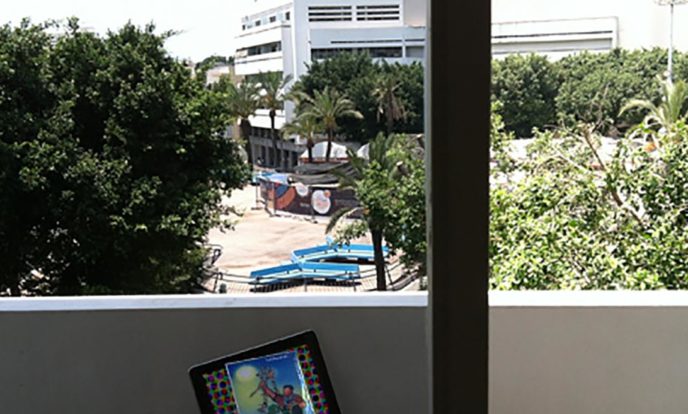
I’ve Been Reading About the Occupation for Years. Seeing It for Myself Was a Punch in the Gut.
Debra Nussbaum Cohen, HaaretzRead Here
Read
Read Here
Read
A Jewish educator who works on behalf of the Jewish people every single day recently received a letter that began with harsh words about her support for the anti-occupation group Breaking the Silence. Before long it took a startling turn.
Read
I recently had the privilege of helping lead an Encounter trip to Bethlehem, East Jerusalem and Ramallah. I came away with the strong belief that all communal leaders should participate in one of these trips.
Read more
Founded a decade ago, the Encounter program has quietly become a key route by which a new generation of American Jews meet Palestinians, learn about the realities on the ground, and come to new conclusions about the conflict.
Read
Although hundreds of dialogue programs geared towards conflict resolution are offered every year, there have been few scientific studies of their effectiveness. Across 2 studies we examined the effect of controlled, dyadic interactions on attitudes towards the ‘other’ in members of groups involved in ideological conflict. Study 1 involved Mexican immigrants and White Americans in Arizona, and Study 2 involved Israelis and Palestinians in the Middle East. Cross-group dyads interacted via video and text in a brief, structured, face-to-face exchange: one person was assigned to write about the difficulties of life in their society (‘perspective-giving’), and the second person was assigned to accurately summarize the statement of the first person (‘perspective-taking’). Positive changes in attitudes towards the outgroup were greater for Mexican immigrants and Palestinians after perspective-giving and for White Americans and Israelis after perspective-taking. For Palestinians, perspective-giving to an Israeli effectively changed attitudes towards Israelis, while a control condition in which they wrote an essay on the same topic without interacting had no effect on attitudes, illustrating the critical role of being heard. Thus, the effects of dialogue for conflict resolution depend on an interaction between dialogue condition and participants’ group membership, which may reflect power asymmetries.
Read
Since the 10-day trip ended, I’ve explored Jerusalem’s Old City, crashed a wedding, and, most importantly, met with Palestinians.
Read more